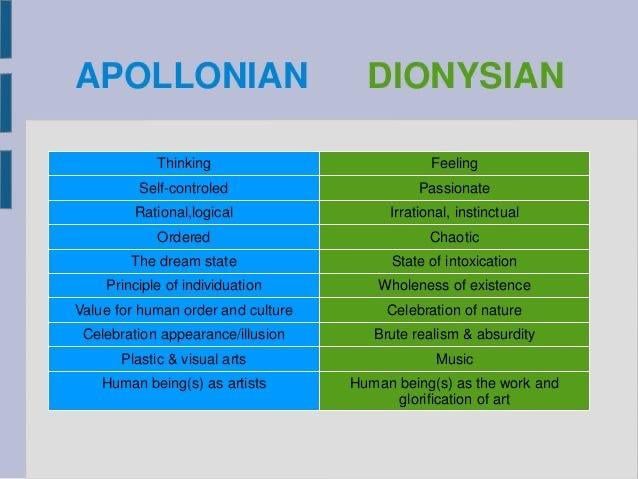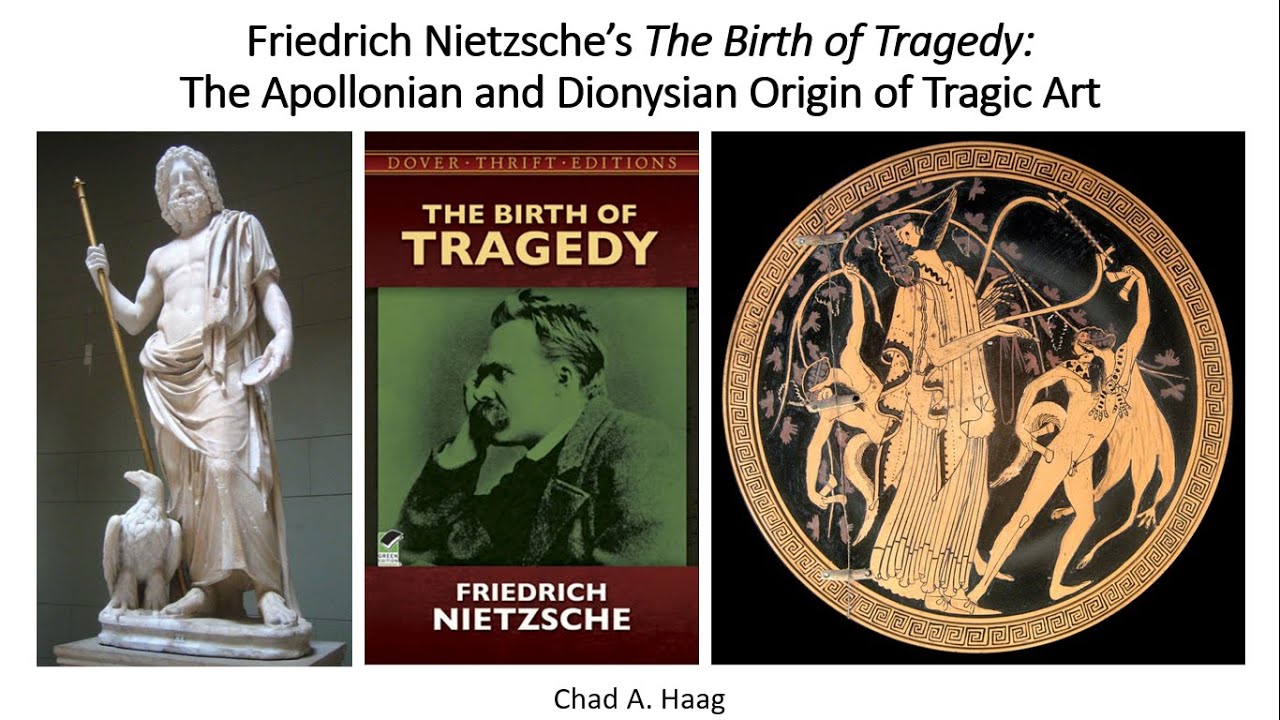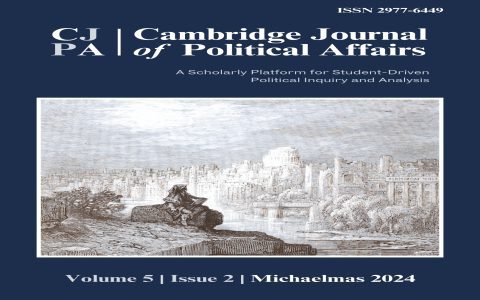Started this morning scratching my head about Nietzsche's whole Apollo and Dionysus thing. Coffee in hand, I just kept thinking, "What's this drunk god and artsy god got to do with anything?" Searched online but those explanations felt like reading stereo instructions. Too many fancy words.
My Actual Research Process
Figured I needed to break it down myself. Grabbed my notebook – the cheap spiral one from the drugstore. Doodled two columns: "Apollo" on the left, "Dionysus" on the right. Started jotting down whatever basic stuff I remembered or found.
For Apollo stuff:

- Pretty pictures, like perfect sculptures and tidy plays
- Making things look nice and calm, hiding the messy parts
- Rules and lines, keeping things controlled
- Daylight thinking, logic stuff
For Dionysus stuff:
- Wild parties and music that makes you forget yourself
- Feeling everything all at once, pain and joy mixed up
- Breaking the rules, losing control
- That late-night, deep-down raw feeling
Stared at my scribbles. Okay, opposites. But why did Nietzsche care? That was the puzzle.
Went deeper into the background. Apparently Nietzsche looked at ancient Greek plays – the tragedies. He saw they weren't just sad stories. They were mixing these two gods' vibes! The play itself (Apollo – structure, words, characters) presented this chaotic, raw feeling story (Dionysus – suffering, loss, the big questions). The audience sits there, safe in their seat (Apollo), feeling all this wild emotion (Dionysus), and somehow… it doesn't break them. It felt like using art to stare into the ugly stuff of life without freaking out. That clicked for me.
The Lightbulb Moment (Mostly)
Boom. That was Nietzsche's main point, I think? Life is brutal and weird and painful. Pure Dionysus (just chaos and feeling) is terrifying. Pure Apollo (just fake pretty masks) is empty, a lie. Real Greek tragedy used both – the Apollo control made it possible to actually experience the Dionysus truth, safely. The suffering and messiness of being alive became… bearable? Almost beautiful? Through art. That's the "aesthetic justification" mumbo jumbo they always throw around – basically using art to find meaning, or at least cope.
Tried explaining it out loud to my cat later. "See, Mittens," I said, "Think about that movie that really messed you up? It had a story and actors and scenery (Apollo!), but it made you feel gutted or ecstatic (Dionysus!). You watched life's mess from a safe spot." Mittens just blinked. Not the best test audience.

So yeah. That's my rough map. Still fuzzy on why Nietzsche thought only tragedy nailed this perfect mix. Feels like other art (that crazy concert? dancing?) could hit it too. Maybe he was obsessed with the Greeks. Anyway, my notebook's full of arrows and question marks now. Got the main gist though: Two clashing forces, art acting like a buffer letting us see the dark side without totally losing it, and the Greeks figured out the recipe first. Phew. Brain needs a break. More coffee.










